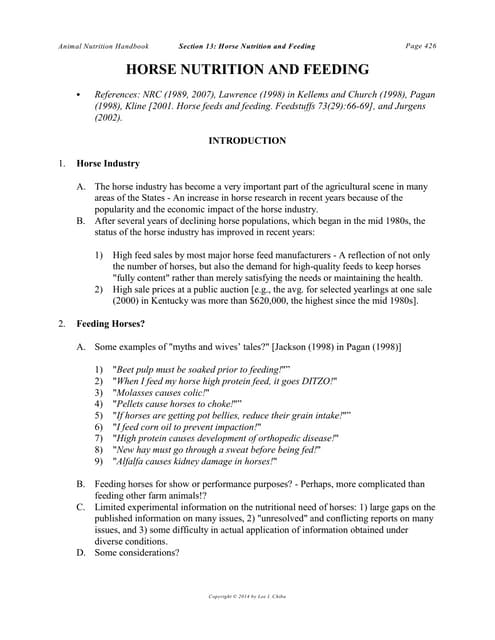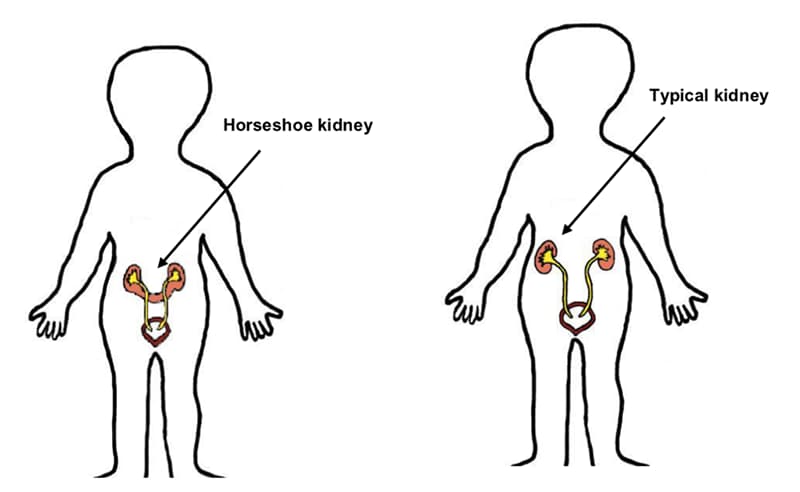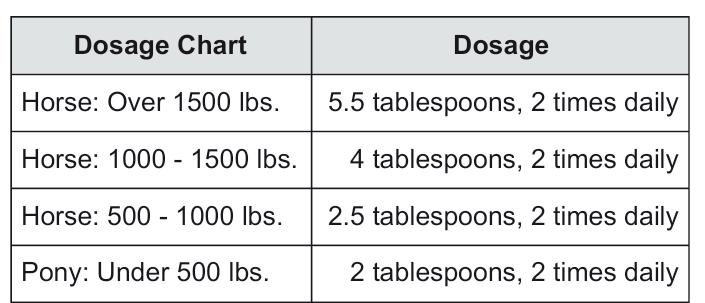Feeding Horses with Kidney Disease: A Comprehensive Guide

Caring for a horse with kidney disease requires special attention to its diet to support kidney function and overall health. This article explores the best feeding practices, dietary considerations, and common questions related to managing kidney disease in horses.
Understanding Kidney Disease in Horses

Kidney disease in horses can range from mild to severe and may be acute or chronic. The kidneys play a crucial role in filtering waste products from the blood, balancing electrolytes, and regulating fluid levels. When kidney function is impaired, dietary management becomes essential to reduce the workload on the kidneys and prevent further damage.
Key Dietary Considerations
- Hydration: Ensuring adequate water intake is vital. Horses with kidney disease may require encouragement to drink more, and access to clean, fresh water at all times.
- Protein Levels: Moderating protein intake helps reduce nitrogenous waste, which the kidneys must filter. High-quality, easily digestible protein sources are preferred.
- Electrolyte Balance: Monitoring and adjusting electrolytes like sodium, potassium, and calcium can help maintain proper bodily functions.
- Avoiding Toxins: Certain feeds and supplements may contain substances harmful to compromised kidneys and should be avoided.
Recommended Feeds and Supplements
| Feed Type | Benefits | Notes |
|---|---|---|
| High-Quality Forage | Provides fiber and essential nutrients | Choose low-protein options if possible |
| Beet Pulp | Easily digestible energy source | Soak before feeding to aid digestion |
| Rice Bran | High in fat and energy | Helps maintain weight without excess protein |
| Electrolyte Mixes | Supports electrolyte balance | Use under veterinary guidance |
Feeding Tips
- Feed smaller, more frequent meals to reduce kidney strain.
- Monitor body condition and adjust feed accordingly.
- Consult a veterinarian or equine nutritionist for personalized diet plans.
FAQ
Q1: Can horses with kidney disease eat grain?
A: Grain should be limited as it can increase protein and phosphorus levels, which may burden the kidneys.
Q2: How can I tell if my horse is drinking enough water?
A: Monitor water intake daily and watch for signs of dehydration such as dry gums or lethargy.
Q3: Are there any supplements that can help kidney function?
A: Some supplements like omega-3 fatty acids may support overall health, but always consult a vet before adding supplements.
Proper dietary management can significantly improve the quality of life for horses with kidney disease. Regular veterinary check-ups and tailored nutrition plans are key to managing this condition effectively.
